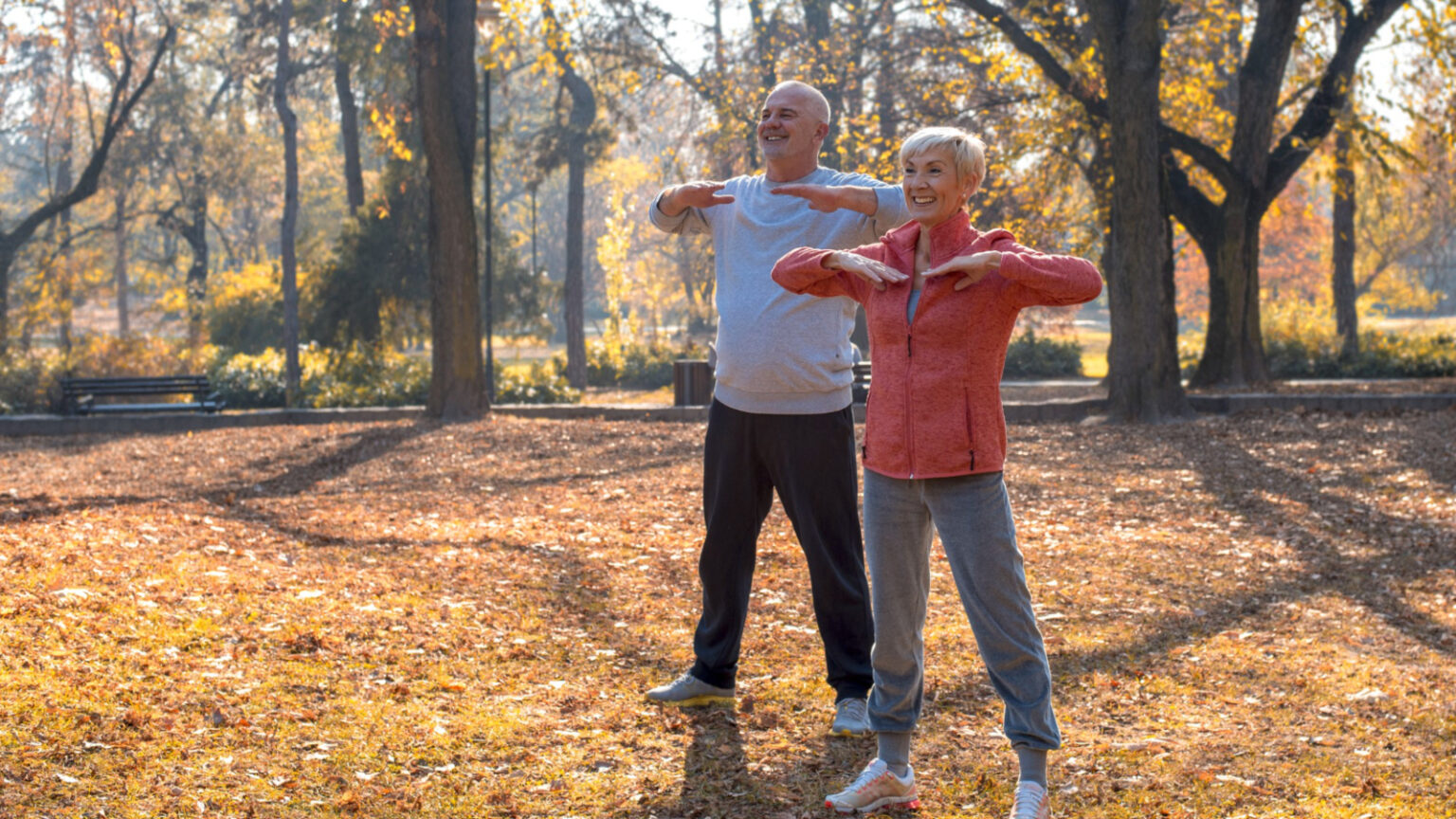Dementia is a major public health concern as there’s currently no cure. This makes the scientific community continuously strive to identify diet and lifestyle changes that help reduce the risk.

A study published in the Journal of Post-Acute and Long-Term Care Medicine provided a powerful insight. It revealed that even a minimal amount of daily exercise can significantly reduce the risk of dementia, by almost half.
ALSO READ: Study: Regular fish intake may protect against dementia, Alzheimer’s
Duration of exercise
The researchers evaluated 90,000 adults. They were made to wear wrist accelerometers to study their physical activity levels.
It is noteworthy that the findings revealed that 35 minutes of moderate exercise per week or a mere 5 minutes of exercise in old people can help reduce Dementia risk by a staggering 41%. The study challenges the previously established minimum standard of 150 minutes of weekly physical exercise for proper brain health. The researchers called it ‘some is better than nothing.’
Lead author Amal Wanigatunga said, “Our findings suggest that increasing physical activity, even as little as five minutes per day, can reduce dementia risk in older adults. This adds to a growing body of evidence that some exercise is better than nothing, especially with regard to an ageing-related disorder that affects the brain that currently has no cure.”
The researchers followed the participants for many years and found that the risk of dementia decreased with increased exercise. It is essential, implying the many benefits of exercise for brain health.
As per their findings, those who exercised for 36–70 minutes per week had a 60% lower risk, while those who engaged in 71–140 minutes per week saw a 63% reduction. The highest benefit was observed in individuals who exercised for more than 140 minutes per week, reducing their risk by 69%.
More about Dementia

Dementia is a neurodegenerative disorder that occurs with age, leading to cognitive decline. It affects memory, language, and daily functioning. The buildup of harmful plaques in the brain contributes to this condition. This is progressive, meaning the symptoms worsen, eventually leading to death. Since there’s no cure, the scientific community is always on the lookout for healthy changes that can slow the progression and improve the quality of life.
Note to readers: This article is for informational purposes only and not a substitute for professional medical advice. Always seek the advice of your doctor with any questions about a medical condition.
ALSO READ: Red meat eaters beware! Study shows it could increase dementia risks; suggests safer proteins
This article was originally published by a www.hindustantimes.com . Read the Original article here. .

